Earth
Sign up for our newsletter
We summarize the week's scientific breakthroughs every Thursday.
-
 Animals
AnimalsWhales are full of toxic chemicals
For decades, scientists have been finding troublesome levels of PCBs, mercury and other toxic chemicals in whales and dolphins.
-
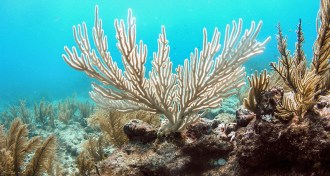 Oceans
OceansOcean heating doubles
Earth’s oceans now absorb twice as much heat as they did 18 years ago, with more than a third of that warmth going into the ocean depths.
-
 Environment
EnvironmentPCB levels still high in Europe’s killer whales, smaller dolphins
PCBs banned for decades still show up at extremely high concentrations in Europe’s killer whales and other dolphins.
By Susan Milius -
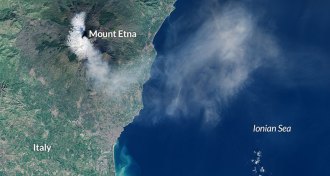 Earth
EarthSuccession of satellites keep eye on Earth
50 years after plans were laid for the first Earth-observing spacecraft, the youngest Landsat satellites are still flying and imaging the planet’s surface.
-
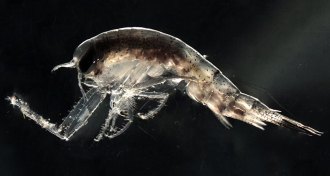 Animals
AnimalsThe moon drives the migration of Arctic zooplankton
In the darkness of the Arctic winter, the moon replaces the sun as the driver of zooplankton migration, a new study finds.
-
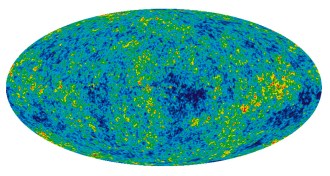 Cosmology
Cosmology‘Origins’ offers science-based account of creation
In Origins, a science writer compiles an ambitious yet concise history of the universe and life on Earth.
By Sid Perkins -
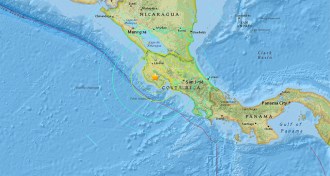 Earth
EarthGround shakes expose faraway earthquake hot spots
A major earthquake in Costa Rica revealed faraway areas where fluids have weakened rock and boosted the risk of a major earthquake, new research suggests.
-
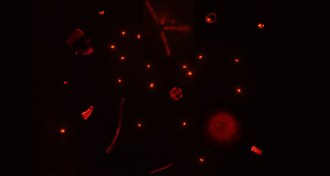 Oceans
OceansPhytoplankton flunk photosynthesis efficiency test
Nutrient-poor ocean waters make phytoplankton photosynthesis inefficient
-
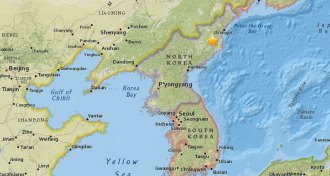 Earth
EarthFive things science can (and can’t) tell us about North Korea’s nuclear test
North Korea’s claim about its recent nuclear bomb test isn’t entirely backed up by scientific evidence.
-
 Science & Society
Science & SocietyClimate, new physics and Jupiter on the horizon for 2016
The first issue of the new year features stories about what will, editor in chief Eva Emerson predicts, hold on as scientific newsmakers during 2016.
By Eva Emerson -
 Climate
ClimateArctic passageways let species mingle
People aren’t the only animals likely to use passages that open up as the Arctic melts.
By Susan Milius -
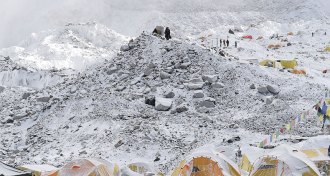 Physics
PhysicsThe science of avalanches
High-tech instruments are helping researchers study how temperature can change the character — and danger — of an avalanche